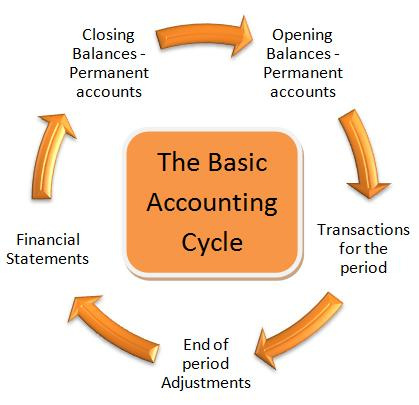Are you planning to buy some stocks in a company? Investing funds for many people is usually a major decision to undertake, as the money is limited while they have labored hard to save it. Many people live on their investments and hope that they will take care of their current and future lifestyles. Regrettably, investors have to watch out for securities fraud.
This implies that a company or individual uses illegitimate actions to compel investors to make decisions on buying and selling.
In this case, there are different types of securities fraud, the most common is accounting fraud.
What is accounting fraud?
This is the process of misrepresenting an organization’s fiscal accounting records intentionally. People mostly use it to polish the company’s financial information and figures to look healthy as opposed to what they are in actuality. Future investors and shareholders require correct information to make informed decisions.
Fraudulent fiscal reporting
This can hinder you from knowing the real health of a company, which leads to a bad investment.
Common examples of accounting fraud include:
Falsified fiscal information is applicable in different ways to alter the company’s records. In some cases, it is referred to as cooking the books. Various examples include:
- Disregarding Generally Accepted Accounting Principles (GAAP)
- Erroneously identifying and reporting dates when transactions took place
- Overstating assets and revenues
- Understating debts, liabilities, costs, and expenses
GAAP misuse
GAAP was instituted to help standardize the financial statements for companies. This enables investors to compare and contrast companies through uniform guidelines to help them make informed decisions for investment. Companies that allege to follow GAAP practices but fail to do so are involved in fiscal reporting fraud, which is illegal.
Fudging Revenue
This is an act of inaccurately recognizing revenues prior to the completion of a sale or before the delivery of the product to the purchaser. The most probable reason as to why companies acknowledge revenues untimely is when they try to hit their targeted earnings.
Hiding profits
Some companies may go to an extent of trying to conceal their real profits for various reasons such as avoiding paying taxes. Sometimes it could be the execs trying to award themselves with extravagant bonuses.
How to identify accounting fraud
It is your duty as an investor to ensure that the company you intend to invest in has accurate fiscal records.
- Questionable transactions not reported when they ought to be
- Incentives that fail to comply with GAAP practices
- Overemphasis on profits from top to bottom
- Lack of independent, reputable audit to check the books
- Insufficient internal controls
Kaufman Englett and Lynd can assist you with case scenarios involving accounting fraud committed against investors and help interpolate applicable laws governing this form of fraud.
Preventing accounting fraud
To avoid fraud, companies can undertake a number of measures described below:
- Each company’s functions, as well as organization, need laying out in a way that supervision exists at every level.
- Appoint an external audit firm to audit the books. This instils investor confidence.
- All fiscal transaction details should be documented and kept well
- Duties need to be isolated among staff members in a way that does not allow an individual to have absolute control over the company’s fiscal books
There is no sure way of guaranteeing 100 % that accounting fraud will not occur, however, the tips above should help to reduce the likelihood of it occurring. It’s always better to be safe than sorry when it comes to protecting your investments by taking precautionary measures.


